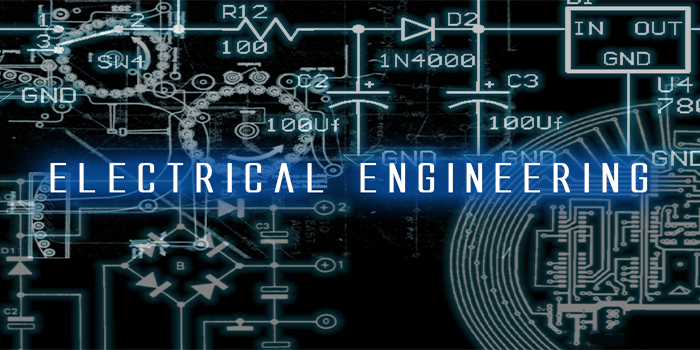
Electrical engineering is a branch of engineering that deals with the study, design, and application of electricity, electronics, and electromagnetism. It covers a wide range of sub–disciplines including power systems engineering, control systems engineering, electronics engineering, telecommunications engineering, and signal processing. Electrical engineers are responsible for the design, testing, and operation of electrical systems and equipment. They may also work in the fields of robotics, instrumentation, and automotive systems. Electrical engineers may also be involved in research and development, as well as in the development of new technologies. Electrical engineers work in a variety of industries, including telecommunications, automotive, aerospace, and government.
Electrical Engineering Training Course
This Electrical Engineering Training Course is designed to provide a comprehensive overview of electrical engineering. The course will cover topics such as basic electrical theory, circuit components, AC/DC circuits, inductive and capacitive circuits, digital logic circuits, power electronics, and motors. The course will also include hands–on laboratory experiments and simulations to help students gain a better understanding of the material. Students will learn to use basic electrical tools and equipment, as well as design and construct simple electrical circuits. Upon completion of the course, students will be able to apply their knowledge of electrical engineering in practical applications.
Which Training is Best for Electrical Engineering?
The best training for electrical engineering depends on your goals and experience level. If you are new to the field, you may want to consider taking a basic course in electrical engineering at a local college or university. If you already have some experience in the field, there are many more advanced courses available such as power systems, control systems, and digital electronics. Additionally, you can look into professional certification programs through organizations such as IEEE or EIT.
How do Start Learning Electrical Engineering?
1. Start by taking basic courses in mathematics and physics to develop a strong understanding of the fundamentals.
2. Take courses in electrical engineering topics such as circuits, electronics, signals and systems, and power systems.
3. Gain hands–on experience through internships and projects.
4. Consider getting a master’s degree in electrical engineering to further develop your skills.
5. Look into certification programs to demonstrate your expertise in the field.
6. Read technical journals and publications to stay up to date on electrical engineering trends and developments.
Best University of Electrical Engineering in India
1. Indian Institute of Technology, Delhi
2. Indian Institute of Technology, Bombay
3. Indian Institute of Technology, Madras
4. Indian Institute of Technology, Kanpur
5. Indian Institute of Technology, Roorkee
6. Vellore Institute of Technology
7. National Institute of Technology, Tiruchirappalli
8. National Institute of Technology, Warangal
9. Indian Institute of Engineering Science and Technology, Shibpur
10. Delhi Technological University






